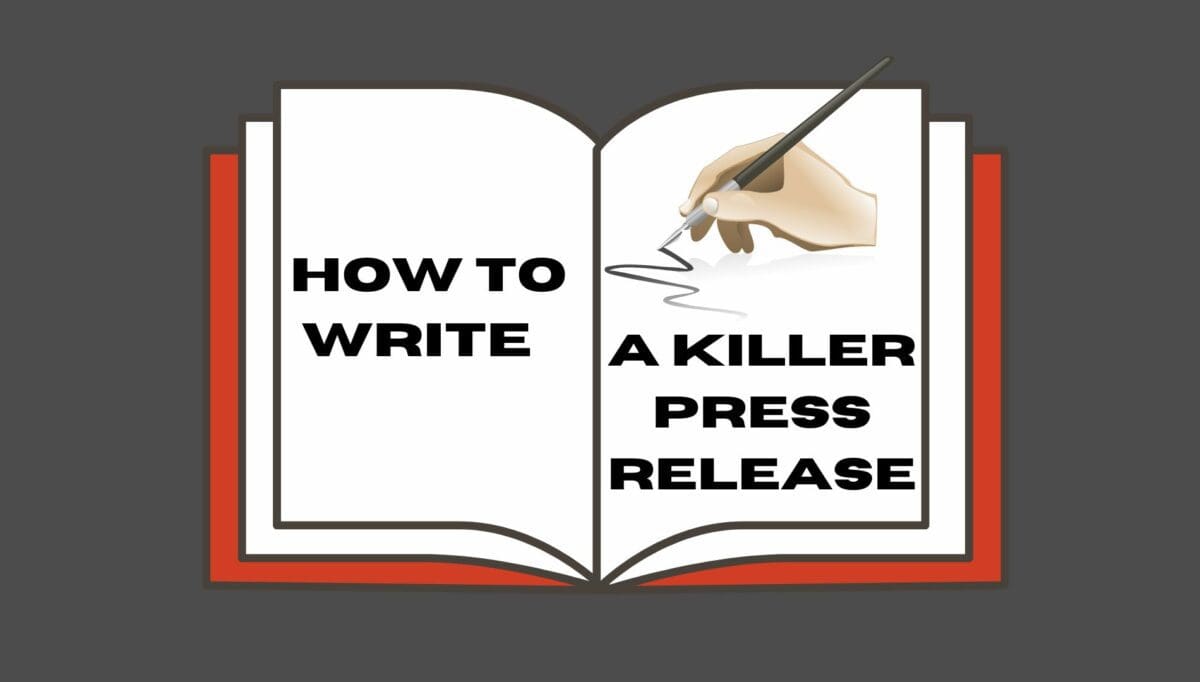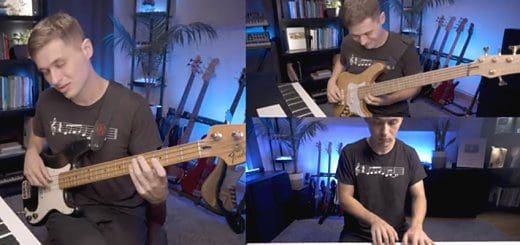If you’re asking yourself, ‘do I need an ISRC code’? Then the answer is yes. Yes, you do. These codes are 100 per cent necessary if you’re releasing music commercially.
Administering ISRC codes correctly is paramount for any commercial release. If a song is being put out for public consumption, the rights holder is responsible for obtaining and assigning an ISRC code to it.
The code allows distributors and broadcasters to do their jobs correctly. It also ensures you get paid!
Any song you listen to today will have an ISRC code attached to it. It doesn’t matter if it’s a Billie Eilish track or an unsigned ‘bedroom’ producer’s first-ever single.
In this article, you’ll learn everything you need to know about these codes; how they work, and how to get them.
Are you releasing new music?
Book a meeting with a Music Gateway A&R today.
Discuss release strategies, distribution, growing your fanbase, organic playlisting, press, radio and more.
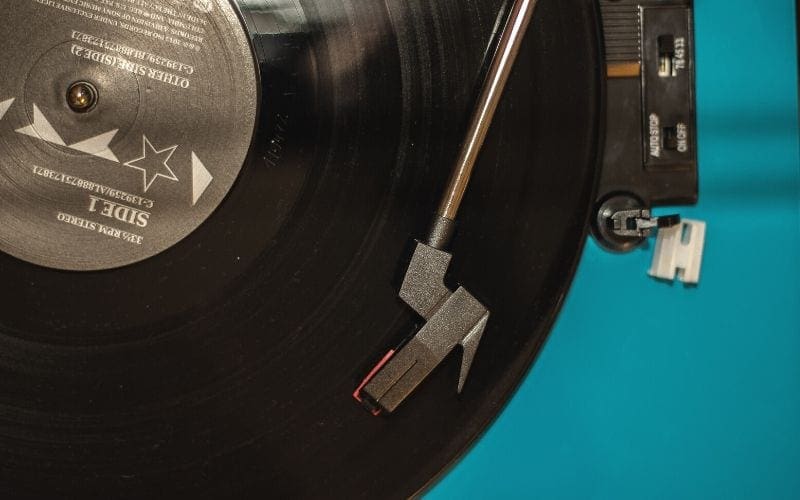
What Is An ISRC Code?
The ISRC meaning is (International Standard Recording Code ISRC) is a 12-character, alphanumeric code that is assigned to a piece of music set for commercial release.
The code allows the rights holder – whether it’s an independent artist or major record label, to identify and track the ‘life’ of their audio file recording.
Where in the world it’s being played for example, and how often. They’re also used to track the sales of a record. Music distributors and retailers won’t distribute unless you have codes for your music.
The codes are encoded into the sound recordings of the songs themselves.
That’s how they’re able to track where your music is played; sound systems, broadcasters, and streaming services can read the metadata attached to the recordings.
Every song that is released for public consumption must and will have a unique identifier encoded into it. If you have 4 tracks on an EP, you need 4 unique codes to identify the 4 individual tracks. The same applies to an album, even a live version of a studio album.
Build on your future success and check out our Roster Services and Foundation Packages
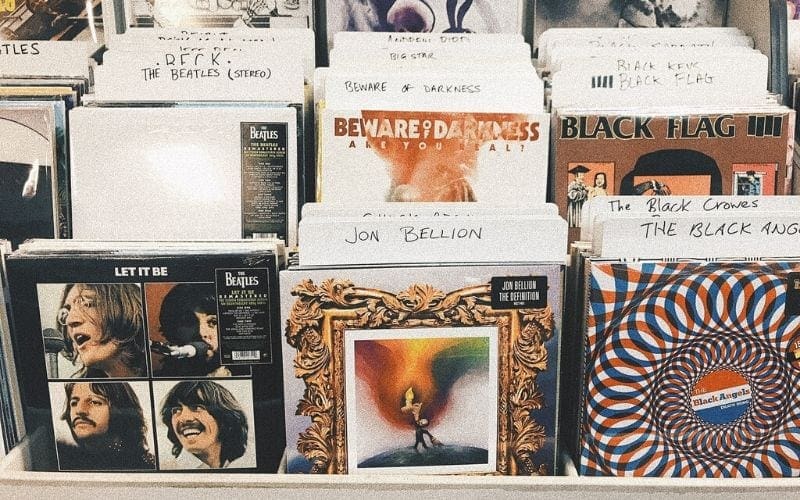
Are ISRC Codes Necessary For A Cover Or A Remix?
Doesn’t matter, you still need a code for them. They might be recordings of an existing song but the recordings themselves are new and unique. So, they’ll need a unique ISRC.
Once a code is encoded, it should never be changed, even if the rights to the recording are transferred to a new owner. There is only ever one ISRC code for every song.
The encoding is usually left to either mastering engineers to do, record label staff, digital distributors or CD manufacturers. You shouldn’t have to worry about doing the encoding yourself. You will, however, in most cases have to get the code yourself.
How Do You Get ISRC Codes?
There are three ways.
Contact your national ISRC agency, or the IFPI – the international ISRC agency.
These agencies are responsible for allocating ISRC codes to rights holders, promoting the use of the codes, and maintaining the ISRC system. Either call or email your respective national agency and they’ll advise you on how best to go about getting your codes.
There’s a national ISRC agency for most countries.
For example, PPL (Phonographic Performance Limited) is the national ISRC agency for the United Kingdom. The United States has the RIAA (Recording Industry Association of America), Italy has FIMI (Federazione Industria Musicale Italiana), Denmark has GRAMEK DK, and so on.
If you don’t have a national ISRC agency in your country, contact the IFPI directly. The IFPI (International Federation of the Phonographic Industry) is based in the UK and represents the interests of the global recording industry.
The easiest way to search for your ISRC Code is using the Music Gateway ISRC Tool – try it today!
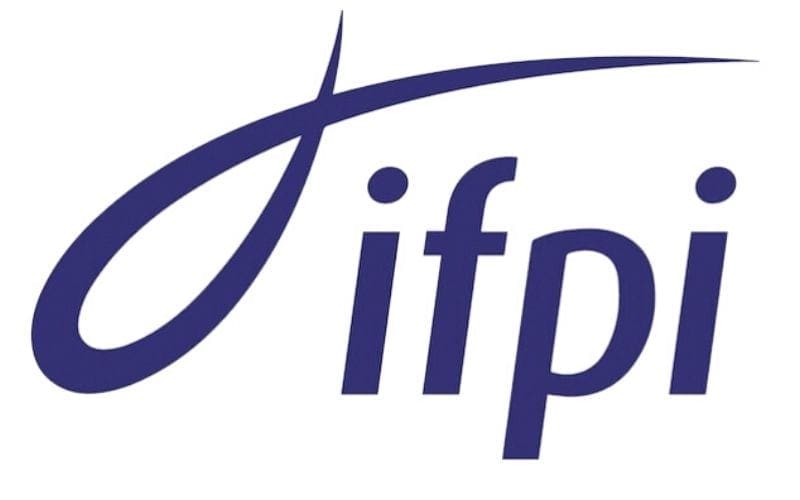
How Much Do ISRC Codes Cost?
How much they cost will most likely depend on your agency and country. Your national agency might ask if you’d like to become a registrant. This means you can generate your codes as and when you’re ready to release new music. More on this later though!
If you go through a digital distributor like us here at Music Gateway, you’re automatically given a code when you upload your music and prepare it for release across streaming services.
In fact, a digital distributor will give you the choice between generating new ones or using your own (If you’ve already got them from your national agency, that is).
Is there an ISRC Lookup (ISRC Search)?
Yes, the IFPI have a cool ISRC finder tool that you can use to search their ISRC database, you can find it here.
Do you need a code for a Spotify release?
Yes, you do, same as Apple Music and all other DSPs, you need an ISRC Spotify code which is provided via a music distribution company, when you release a new recording.
Do I need separate ISRC numbers for my instrumentals?
In short, yes you do if you have any modifications or variations from the original recordings, including the removal of a vocal for example, then you will need a new code assigned to the recording.
How To Create ISRC Codes
They follow a structure, always consisting of 12 characters. Collectively, the characters represent basic information that links the sound recording to the rights holder and the details of its release.
Here’s a breakdown of it:
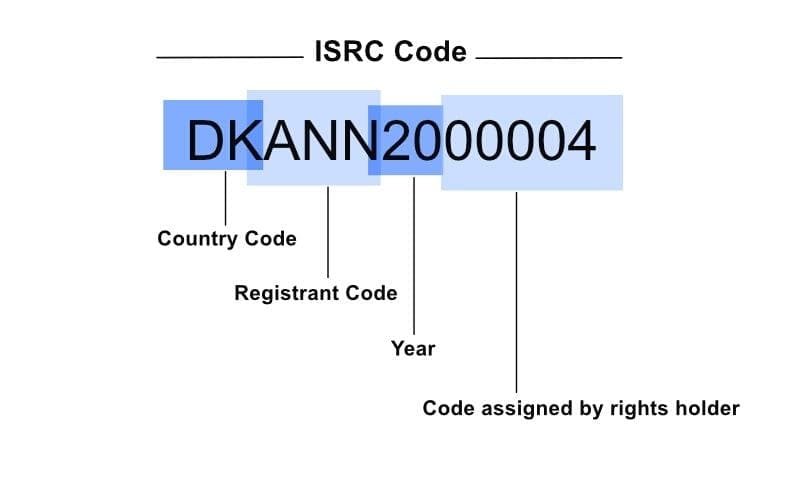
DK – represents the country (Denmark).
ANN – are the letters that identify you or your organization as the rights holder. (It’s your own unique registrant code, assigned to you by your ISRC agency).
20 – are the last two digits of the release year i.e. 2020.
00004 – these numbers are created by the rights holder i.e. you or your organization. Phonographic Performance Limited (PPL), the national ISRC agency in the UK recommends generating these last 5 digits according to album track listing or release order.
For example, ‘00001’ represents the first track, ‘00002’ represents the second track, and so on.
Are ISRC Codes free?
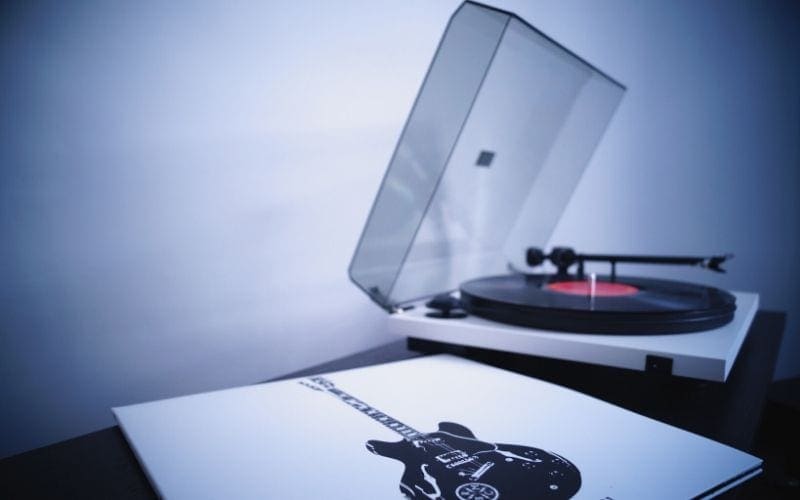
Yes and no.
Yes, if you distribute your music through a digital aggregator like Tunecore or one of the others. They’ll generate a free code for you every time you want to release a new song.
No, if you decide to become a registrant. You pay a small (one-time) fee to become a registrant. If you apply to your agency to become a registrant, they’ll give you a unique code (3 letters) which will allow you to generate codes as and when you release music.
Your registrant code forms part of every code you’ll generate for your music. It’s always the 3 letters that come after the country code in an ISRC.
Have a look at the code breakdown above, if you’re not certain.
If you’re not sure how to create one from your registrant letters, ask your national agency for help.
I would recommend becoming a registrant if you’re considering starting your own record label.
If you’re an indie artist or producer releasing a couple of singles per year or an EP/Album every few years digitally, it’s not necessary to go through the administration process of becoming a registrant and paying the fee.
What is an ISWC Code?
The other acronym you might come across when releasing music is the ISWC code, which stands for International Standard Work Code. This code is assigned to the composition in the sound recordings and music video recordings; the music and lyrics.
Don’t be too concerned with ISWC codes as your PRO (Performing Rights Organization) – which you should already be a member of by the way – allocates these when you register your compositions with them.
If you have a publisher, they can also allocate ISWC codes.
What Else?
Aside from music, most other forms of audio media need an ISRC code:
Audiobooks – Yes, Audiobooks need an ISRC code. In fact, they’ll need one for each chapter of the book, if they’ve divided the chapters into individually recorded tracks.
Podcasts – Each episode of a podcast will need an ISRC code.
Music Videos – Although music videos are created for visuals, they still have a recording attached to them. Music videos need their own unique ISRC codes to be identified.
Pretty much anything that is an audio-based product needs an ISRC code.
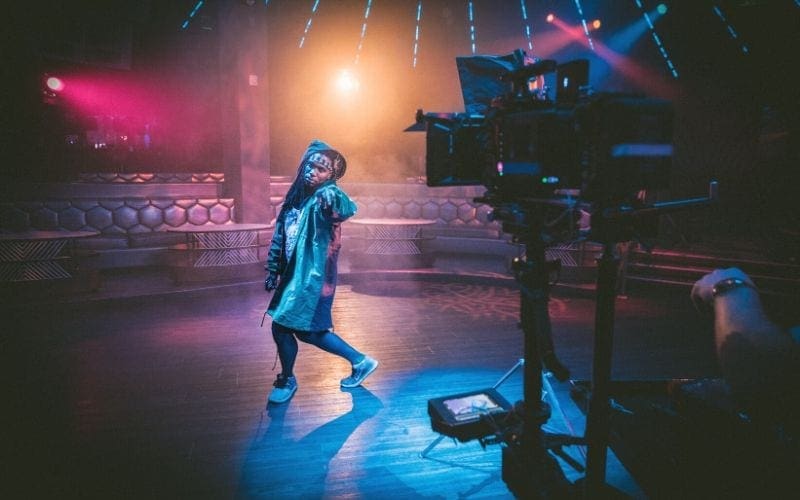
Pretty much anything that is an audio-based product needs an ISRC code.
Recap & Final Thoughts
- ISRC stands for International Standard Recording Code.
- It’s necessary for all commercial music to have an ISRC code.
- One unique ISRC code is created and assigned to every song that is released. The ISRC code will ensure you receive your royalties.
- To obtain ISRC codes for your music, contact your national ISRC agency or get ISRC codes for free when using a digital distributor.
- You can also become a registrant by registering with your national ISRC agency (you have to pay a small fee), to generate your own ISRCs whenever you need to.
- ISWC stands for International Standard Work Code. These codes are similar to ISRC codes but are assigned to compositions rather than sound recordings.
Most audio-based products need an ISRC code.
If you’re releasing music yourself, managing an artist, or hoping to create your own record label, you need to understand the importance of ISRC codes. If you don’t use them, distributors and retailers won’t even consider distributing your music. Even if they did, you wouldn’t get paid because there’s no way of identifying your music or tracking the volume of sales or usage.
Accurate metadata management has always been of huge importance in the music industry. Metadata is predominantly used to identify and pay rights holders, songwriters, producers, engineers, and musicians. ISRCs are fundamental to any commercial music’s metadata files.
There’s no workaround. You must get a code for every track you release. It doesn’t matter if you get them via your digital distribution or via a national agency, just get them.







